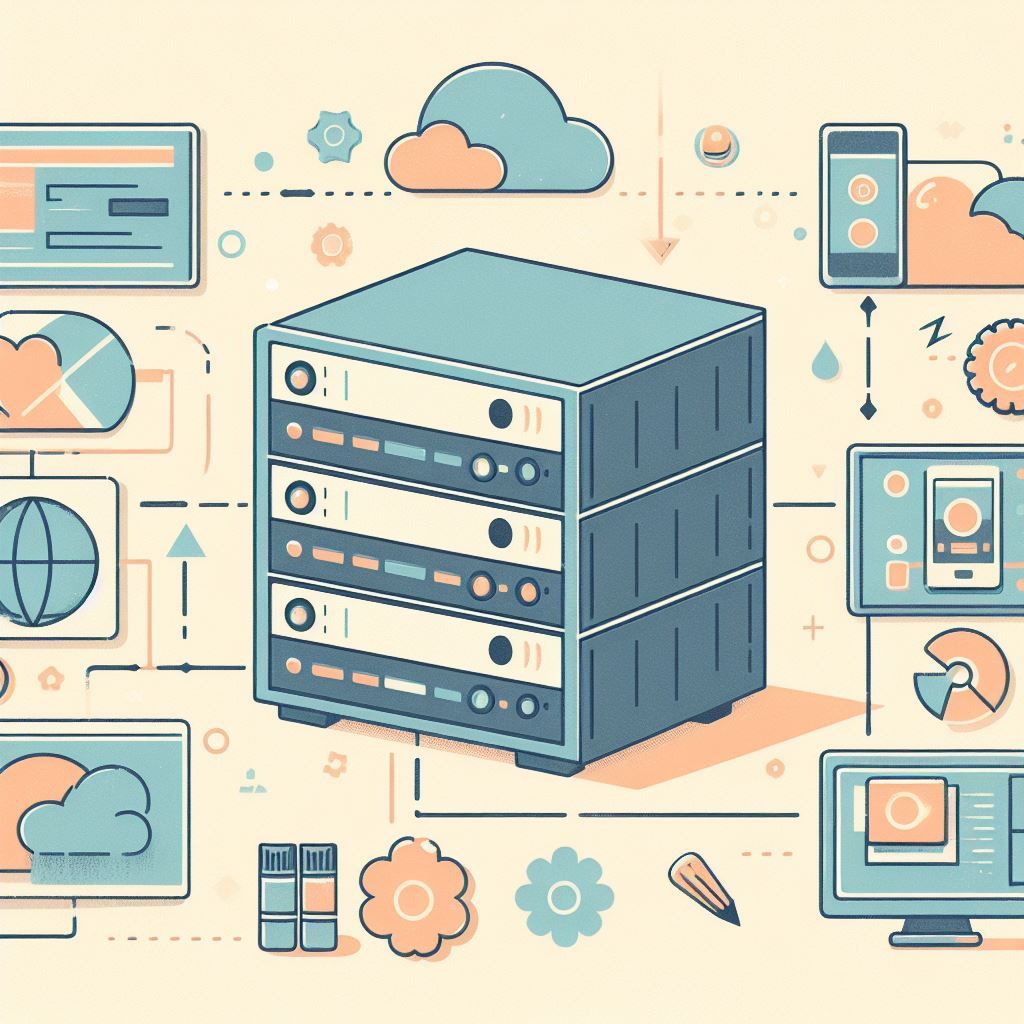How to Optimize Your Dedicated Server for Gaming Hosting

Optimizing a dedicated server for gaming hosting involves several steps to ensure smooth gameplay, low latency, and a stable connection. Here are some key considerations and steps you can take:
- Hardware Selection:
- Choose a powerful server with a high-performance CPU, ample RAM, and a fast SSD storage. This will ensure that the server can handle the demands of hosting multiple players and game instances.
- Operating System:
- Select a lightweight and optimized operating system. Linux distributions like Ubuntu Server or CentOS are popular choices due to their stability and performance.
- Network Configuration:
- Optimize your network settings for low latency. This includes configuring your router, firewall, and network drivers for gaming traffic. Consider using Quality of Service (QoS) settings to prioritize gaming traffic.
- Firewall and Security:
- Set up a firewall to protect your server from unauthorized access. Ensure that only necessary ports are open for the game server.
- Dedicated IP Address:
- Use a dedicated IP address for your gaming server. This helps ensure that your server's resources are solely allocated to gaming, minimizing interference from other services.
- Game Server Software:
- Install and configure the game server software. Depending on the game, this might be a specific dedicated server application provided by the game developer.
- Optimized Game Settings:
- Adjust in-game settings for optimal performance. This might include tweaking graphics options, player limits, and other server-specific settings.
- Monitoring and Management:
- Implement monitoring tools to keep an eye on server performance, bandwidth usage, and player activity. This can help you identify and address issues quickly.
- Regular Maintenance:
- Keep your server software, operating system, and game server application up-to-date. Regularly apply security patches and updates.
- Bandwidth and Uplink Speed:
- Ensure that your server has sufficient bandwidth and a fast uplink speed. This is crucial for delivering a smooth gaming experience, especially for games with many players or high data transfer requirements.
- Server Location:
- Consider the physical location of your server. Hosting it in a data center close to your target audience can help reduce latency.
- Backup and Recovery:
- Set up regular backups of game data and configurations. This ensures that you can quickly restore your server in case of any unforeseen issues.
- Load Balancing (Optional):
- If you anticipate a high number of players, consider setting up load balancing to distribute the game server load across multiple servers.
- DDoS Protection:
- Implement DDoS protection services to safeguard your server against distributed denial-of-service attacks.
- Community Management:
- If you're hosting a multiplayer community, consider setting up forums, Discord servers, or other communication channels to foster a healthy player community.
Remember, the specific steps you take will depend on the game you're hosting, the hardware and software you're using, and the preferences of your player community. Regular testing and player feedback can help you fine-tune your server for the best possible gaming experience.



